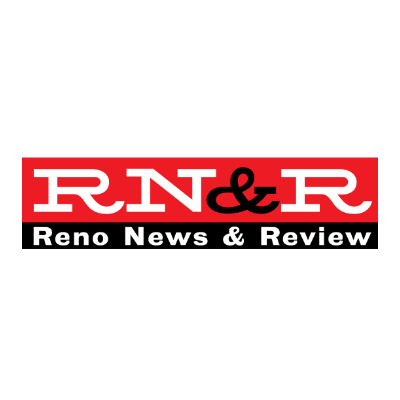
KUNR Public Radio, Reno’s NPR affiliate—voted Best Radio Station by RN&R readers—will no longer receive the $350,000 in public funding that it has traditionally gotten from the Corporation for Public Broadcasting each year.
After Congress rescinded $1.1 billion in already-allocated funds for public media in July, the CPB, which has funded NPR and PBS for almost 60 years, is slated to be mostly defunded, de-staffed and defunct by Sept. 30.
At KUNR, the rescinded funds amount to around 15% of the station’s operating budget.
“We are keeping our services as intact as we possibly can,” said Brian Duggan, KUNR’s general manager.
On the day that Congress voted on the rollback, July 18, Duggan was as ready as anyone could have been. Twice a week all year, he and more than 150 other station leaders around the country had been meeting remotely to plan for the likely rescission. Duggan said the group mulled over questions like:
“How do we build a future of public media starting today?”
“What kind of infrastructure do we need to start sharing and building together?”
“How do we build a network, knowing that there are very real threats on the horizon?”
Those conversations, however, didn’t just start in 2025. In recent years, as media outlets across the board have struggled against systemic threats to sustainability, they’ve been teaming up with each other in various ways to share content and resources. KUNR was already part of several such collaborations, including one via the Mountain West News Bureau, a partnership between local public radio stations in six Western states.
“This regional hub model is becoming kind of a new way for all of us member stations to work together and collaborate—share journalism, share resources, share editing, share digital resources,” said Duggan.
Arrangements like these can make producing news noticeably more efficient. “There’s a lot of work that’s already been happening for many years,” he said. “Thankfully, we have some of that infrastructure in place.”
“We’ve seen a really significant increase in support for the station—which we will be putting aside for the next fiscal year, when we finally hit the federal funding cliff.”
KUNR General Manager Brian DuggaN
Strategizing with peers from other stations also readied KUNR to spring into action quickly back in May, when Trump announced his intention to defund the CPB. The station launched an emergency fundraiser immediately.
“Since May, we have raised about $200,000 more than what we normally see this time of year, between May and August,” Duggan said. “So we’ve seen a really significant increase in support for the station—which we will be putting aside for the next fiscal year, when we finally hit the federal funding cliff.”
Also helpful, said Duggan, is that “NPR is offering something called a rescission relief program for stations, which means they’re going to be cutting their programming fees for member stations, based on size.” The size of this reduction is yet to be announced.
Yet another life raft: In 2024, before the CPB’s demise became imminent, it awarded KUNR a two-year, $200,000 grant to pay for state government coverage through 2026.
Even with these supplemental funds, Duggan said there’s still a lot to be done to shore up the station permanently. He’s particularly concerned about making sure that partner station KNCC in Elko can keep broadcasting local news there for two hours each morning, and that the satellite studio at the University of Nevada, Reno’s Lake Tahoe area campus in Incline Village—new this year—can keep broadcasting Tahoe-area news, as those two regions are underserved, news-wise.
“We are working our butts off to ensure the continuity of those services across our entire listening area,” Duggan said. “As far as programming goes and what our listeners have come to rely on and expect from us, we are fully committed to maintaining the high-quality programming that our community expects from KUNR.”
The post Strength in numbers: Federal cuts are about to hit KUNR, our readers’ choice as Best Radio Station—but the team marches forward appeared first on Reno News & Review.

